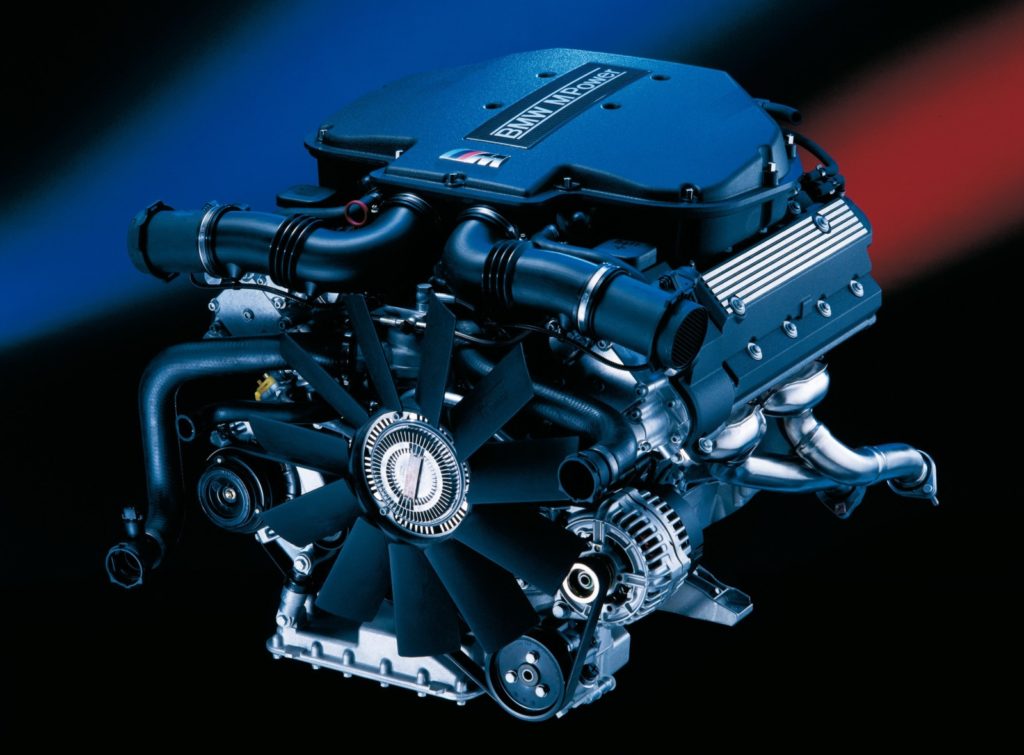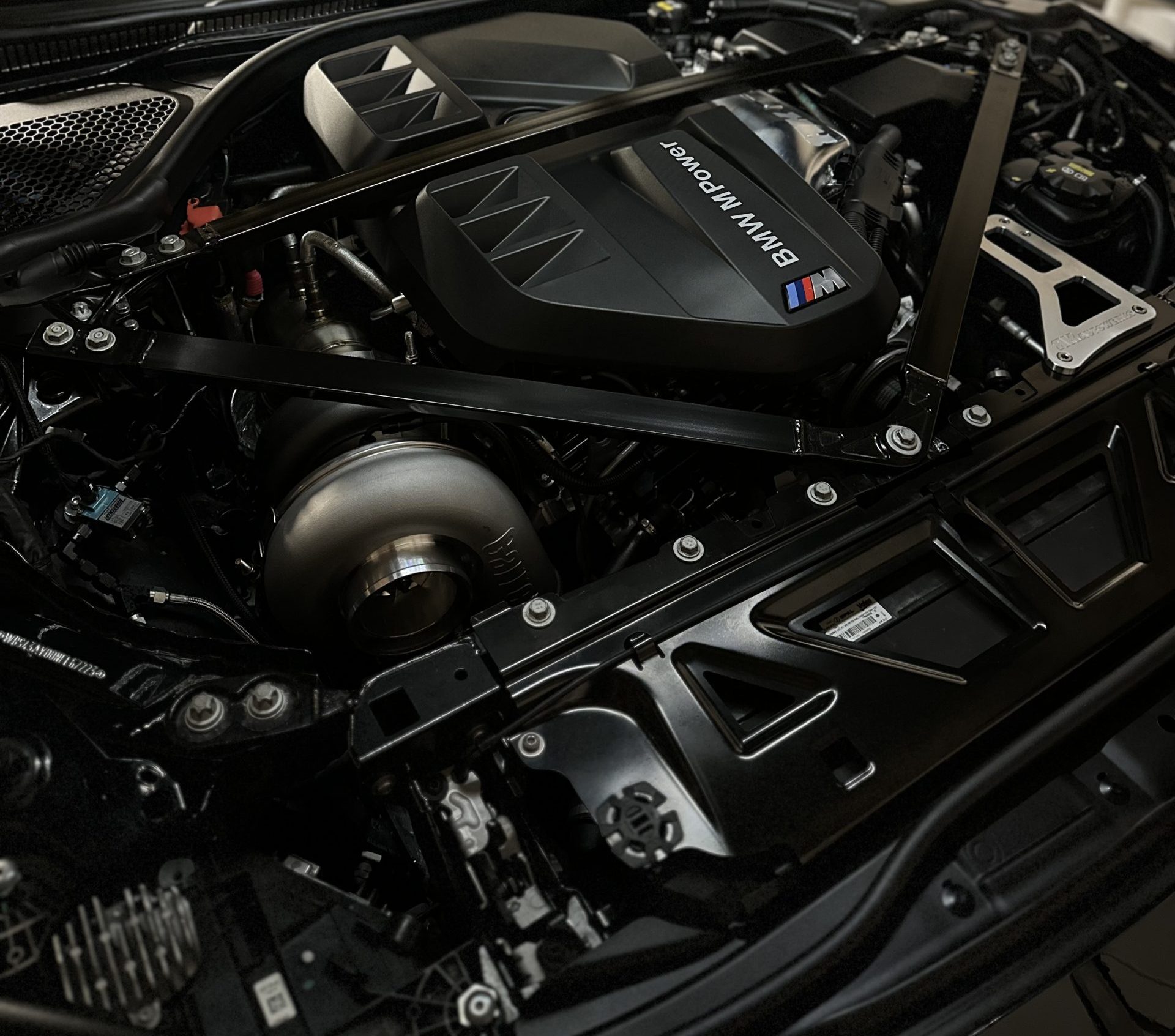Common Concerns Encountered by BMW Engine Owners and How to Solve Them
Common Concerns Encountered by BMW Engine Owners and How to Solve Them
Blog Article
Introducing the Intricacies of Next-Generation Power Units: a Deep Dive Into Advanced Engine Advancements and designs
In the realm of automobile engineering, the ruthless quest of sustainability, performance, and efficiency has driven the advancement of power units to unprecedented heights. As we base on the precipice of a new age in transport, the complexities of next-generation engine layouts beckon us to check out the advanced technologies and developments that guarantee to redefine the driving experience. From innovative materials that push the boundaries of durability and weight decrease to sophisticated turbocharging and turbo charging systems that elevate power output to brand-new levels, each part of these power units holds a crucial to unlocking the future of automobile engineering. Digging much deeper right into the realms of exhaust control, intelligent engine monitoring systems, and the perspective of power unit development, we find ourselves on the cusp of a transformation that guarantees to reshape the landscape of flexibility as we understand it.
Development of Engine Materials

The shift towards progressed engine materials has actually additionally allowed designers to create engines with greater power results while maintaining gas performance requirements. The usage of lightweight materials lowers the overall weight of the engine, leading to improved gas economic climate and reduced discharges. In addition, innovations in materials modern technology have actually permitted for far better thermal management within engines, resulting in enhanced integrity and durability.
Turbocharging and Supercharging Technologies
How do Turbocharging and Supercharging Technologies transform engine efficiency and effectiveness in modern-day vehicles? Turbocharging and supercharging are technologies that substantially boost engine efficiency by boosting the quantity of air intake right into the burning chamber. Turbocharging attains this by utilizing a wind turbine driven by exhaust gases to pressurize the intake air, while supercharging uses a belt- or chain-driven compressor to attain the very same impact.
These modern technologies enable smaller, a lot more fuel-efficient engines to generate power equal to larger ones, known as downsizing. By requiring more air into the cyndrical tubes, turbocharging and supercharging improve combustion performance, leading to raised horse power and torque result without a significant increase in engine dimension. This causes far better velocity, pulling capability, and overall driving efficiency.
Furthermore, supercharging and turbocharging contribute to improved gas performance by enabling the use of smaller engines that eat much less gas under regular driving problems - bmw engine. This mix of improved performance and performance has actually made turbocharging and supercharging indispensable elements of several contemporary engine layouts
Discharge Control and Environmental Impact
With raising international problems relating to air top quality and environmental sustainability, the implementation of exhaust control modern technologies in cars plays an important function in lowering damaging pollutants launched right into the environment. Modern vehicles are geared up with advanced exhaust control systems that assist decrease the ecological influence of auto procedures. Catalytic converters, as an example, are designed to convert harmful gases such as carbon monoxide, nitrogen oxides, and hydrocarbons right into less damaging substances like carbon dioxide and water vapor.
Additionally, innovations in engine technology, such as the combination of exhaust gas recirculation systems and discerning catalytic reduction, have actually substantially added to decreasing exhausts. These innovations work in tandem to maximize combustion effectiveness and reduce the launch of harmful pollutants into the air. Additionally, the growth of hybrid and electrical cars represents a vital action in the direction of decreasing the overall environmental footprint of the transport industry.
Intelligent Engine Monitoring Equipment

Furthermore, these systems allow cars to meet stringent emissions requirements without compromising efficiency, offering a more eco-friendly find here driving experience. The combination of fabricated knowledge and machine knowing capabilities in engine management systems remains to push the limits of what is possible, leading to more renovations in effectiveness, reliability, and overall vehicle efficiency. bmw engine. As automotive innovation advancements, intelligent engine monitoring systems will play a vital function fit the future of transportation towards an extra efficient and lasting instructions
Future Trends in Power Unit Growth
As smart engine management systems lead the means for improved control and optimization in modern cars, future patterns in power system great site development are poised to redefine the landscape of automobile propulsion modern technologies. These different power sources provide boosted effectiveness and performance while aligning with strict environmental guidelines.
Another considerable fad is the integration of advanced products and making techniques. Light-weight materials such as carbon fiber and light weight aluminum are being utilized to reduce overall automobile weight, improving gas efficiency and efficiency. Additionally, innovations in 3D printing and additive production are making it possible for the production of complex engine components with greater precision and durability.
In addition, expert system and equipment learning are playing a crucial function in optimizing power device efficiency. These innovations enable real-time tracking and adaptive control, leading to a lot more efficient and trustworthy power delivery. In general, future patterns in power unit development are tailored in the direction of efficiency, performance, and sustainability, driving the automotive sector towards a new era of propulsion technologies.

Conclusion
To conclude, the advancements in engine products, turbocharging, emission control, and intelligent administration systems have actually paved the means for next-generation power units. These developments have not just improved performance and efficiency yet likewise reduced ecological effect. As technology remains to evolve, future trends in power unit development are most likely to concentrate on further check these guys out boosting sustainability and maximizing power result. The elaborate designs and technologies in contemporary engines display the recurring development of automotive modern technology.
Discovering the modern innovations in engine products has actually been crucial in boosting the efficiency and efficiency of modern engines. Over the years, the advancement of engine materials has played a vital function in pushing the boundaries of what engines can achieve.The shift in the direction of advanced engine materials has actually also enabled engineers to create engines with higher power outputs while maintaining gas performance requirements.The implementation of intelligent engine management systems in modern automobiles has actually reinvented the method engines are regulated and maximized for efficiency and performance. By gathering information in real-time and assessing it with innovative formulas, smart engine monitoring systems can adjust to driving designs, environmental elements, and engine health and wellness to make the most of power output while lessening gas intake and exhausts.
Report this page